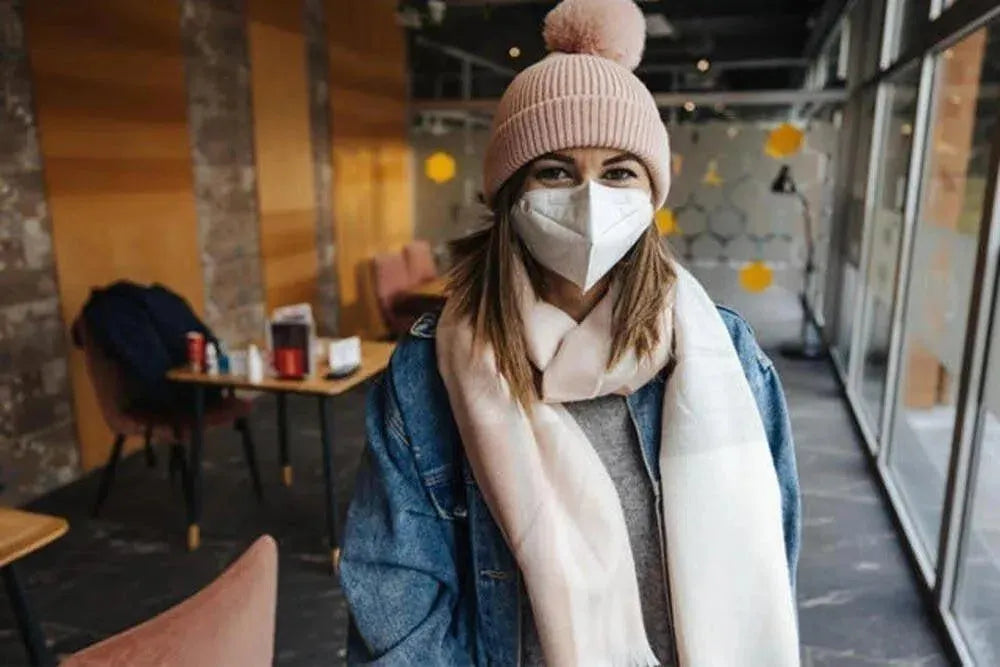KN95 Face Masks vs. N95: What's the Difference?

As we continue to navigate through the COVID-19 pandemic, face masks have become a staple in our daily lives. With so many options on the market, it can be overwhelming to choose the right one. Two of the most popular masks are the KN95 and N95. While they may seem similar, there are some key differences to consider. First, let's define what each mask is.
The KN95 is a Chinese standard mask that is similar to the American N95. Both masks filter out at least 95% of particles in the air, including large and small particles. They are designed to fit tightly to the face and create a seal, which helps to prevent airborne particles from entering the mask.
One of the main differences between the KN95 and N95 is the certification standards. The N95 is certified by the National Institute for Occupational Safety and Health (NIOSH) in the United States, while the KN95 is certified by the Chinese government. This means that the N95 has been tested to meet strict standards for filtration efficiency, breathability, and fit, while the KN95 has been tested to meet similar standards in China.
Another difference is the availability and pricing. Due to the high demand for face masks, N95 masks can be difficult to find and are often more expensive than KN95 masks. However, it's important to note that not all KN95 masks are created equal. Some may not meet the same standards as the N95 or may not fit properly, which can reduce their effectiveness. When it comes to choosing between the two masks, there are a few things to consider.
If you are a healthcare worker or are working in an environment with a high risk of exposure to airborne particles, the N95 may be the better choice due to its strict certification standards. However, for everyday use, the KN95 is a suitable option that provides similar protection at a more affordable price. It's crucial to make sure that whichever mask you choose, it fits properly and forms a tight seal around your face.
This will help to ensure maximum protection against airborne particles. It's also important to note that wearing a mask is just one part of preventing the spread of COVID-19. Social distancing, washing your hands regularly, and avoiding large gatherings are also important measures to take. In conclusion, the KN95 and N95 masks are both effective options for protecting against airborne particles. While there are some differences in certification standards and availability, both masks provide at least 95% filtration efficiency. When choosing a mask, make sure it fits properly and consider your specific needs and environment. Stay safe and healthy!






